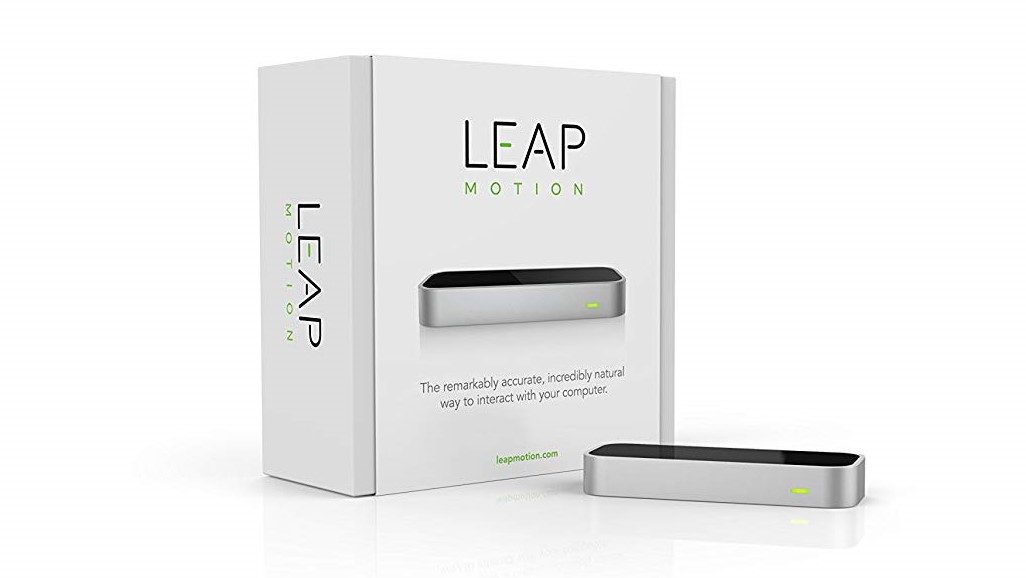Leap Motion, the optical hand-tracking firm, was acquired by Bristol, UK-based haptics company Ultrahaptics earlier this year. Now, Ultrahaptics is relaunching under a new name created to reflect its shared heritage: Ultraleap.
Before the acquisition of Leap Motion and the subsequent rebranding, Ultrahaptics was best known for its mid-air haptic technology which uses ultrasound to project tactile sensations onto users’ hands.
Leap Motion, known for its eponymous optical hand-tracking module and underlying software, was acquired by the company for a reported $30 million back in May. Prior to its acquisition, Leap Motion created an open-source AR headset, Project North Star.

According to a press statement provided to Road to VR, both the Ultrahaptics and Leap Motion names will continue to be maintained as trademarks for existing products, however all new software and hardware launches will fall under the Ultraleap name.
“Rebranding isn’t a decision we’ve taken lightly. We’re immensely proud of what our companies have achieved,” explains Ultraleap CEO Steve Cliffe. “We’re also very excited for what’s to come. Our new name and brand reflects our ambitions in this new world, now and for the future.”
The company was, and still is, focused on using its technology across a variety of industries such as automotive, advertising, AR/VR, and simulation & training.
Notably, Ultraleap has licensed its technology to industry pros such as The Void’s Star Wars: Secrets of the Empire at Disney, and has been showcased in concept cars developed by Harman, and Bosch.
The news of the rebranding was first reported by Business Leader.
Thanks to Antony Vitillo of VR/AR blog Skarred Ghost for pointing us to the news.







